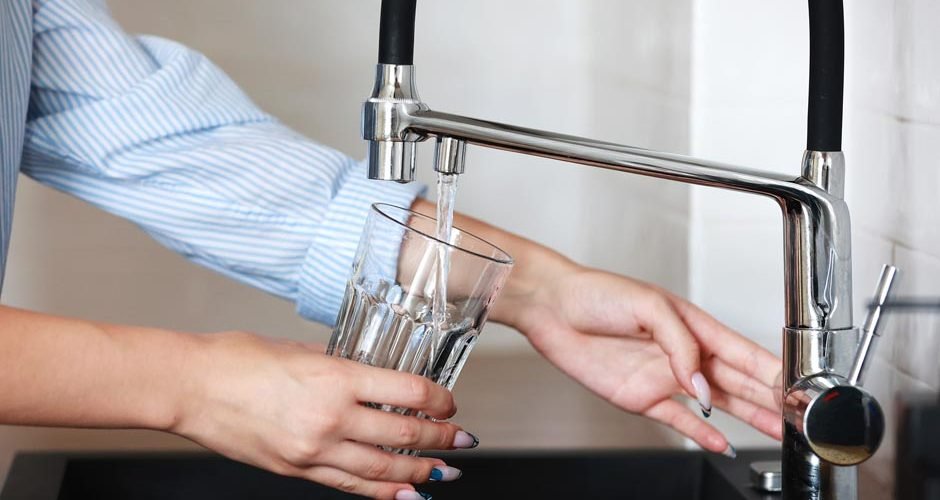Water picks up impurities from its source to your tap that can be eliminated with an at-home water purification system. Many of these contaminants can be effectively eliminated with filtering technology.
Selecting an effective water purifier requires research and understanding which contaminants you must remove from your water supply. Begin with having an expert test your water.
Seek professional guidance from this website to better understand the impurities in your drinking water and select the right water purifier.
Know your water’s problems
There are various home water filters on the market, and it’s essential to identify which type meets your individual needs before purchasing one. Prior to making an informed selection about which one to acquire for your home, it would be prudent to get your water tested. This will disclose any quality issues that might raise concerns.
If the test indicates that your water is acidic, a system to address low pH may be needed. If it contains too much iron or manganese, using filters designed to remove these metals might also help.
Furthermore, an unpleasant taste or smell in your water might indicate high concentrations of organic matter such as bacteria, pesticides, fertilizers, or human and animal waste accumulating within it.
If you use city water, contaminants might include chlorine and heavy metals such as lead. Chlorine is often added as a disinfectant but can react with organic material in the water to produce carcinogenic disinfection byproducts; heavy metals in city water come from its pipes as well as industrial processes.
For well water users, excessive sediment is often the issue – too much sediment can clog faucet aerators, toilet fill valves, and washing machine screens, causing disruption.
Determine your needs
Water can go through quite an ordeal before reaching your home, collecting contaminants that affect taste, odor, and hardness. A professional test can help identify which impurities exist in your supply and enable you to select an anti-contamination system tailored toward removing them.
Different systems address different problems. For instance, water filters or softeners may help reduce minerals that clog your pipes and sinks.
Point-of-use systems such as water pitchers and faucet filters fall under point-of-use systems. In contrast, whole house/point-of-entry systems often include pressurized storage tanks, UV microbiological systems, and water softeners.
Consideration should also be given to your household size when selecting a water treatment system. Whole house filters tend to accommodate homes with between one and three bathrooms. Knowing your household’s exact number of bathrooms will narrow your options further and ensure the system can meet daily water consumption demands.
Remember that some water treatment systems require periodic maintenance or replacement parts, which may increase overall costs. Always compare quotes to make sure you get the best price.
Plan for maintenance
Step one in selecting an ideal water treatment system for your home should involve having your water tested to identify contaminants and their levels so you can select an effective system to remove them.
Before deciding on a certain type of water treatment system, homeowners should do an extensive study. There are several options available, including whole-house systems, point-of-use (POU) filters, and reverse osmosis systems. Everyone has benefits and drawbacks.
Regularly test your water quality after setting up the system to ensure its efficiency and perform routine maintenance to keep it running perfectly and free from contaminants. Continual maintenance may be necessary for filter changes and membrane replacement, contingent on the type of water filtration system placed in your residence.
If you need more time or experience to perform these maintenance tasks independently, consider consulting a trusted local water treatment professional who can assist in all your water testing and treatment needs.
Be sure to inquire about their maintenance plans and warranties when selecting an individual provider; these professionals can ensure your system runs efficiently for years.





